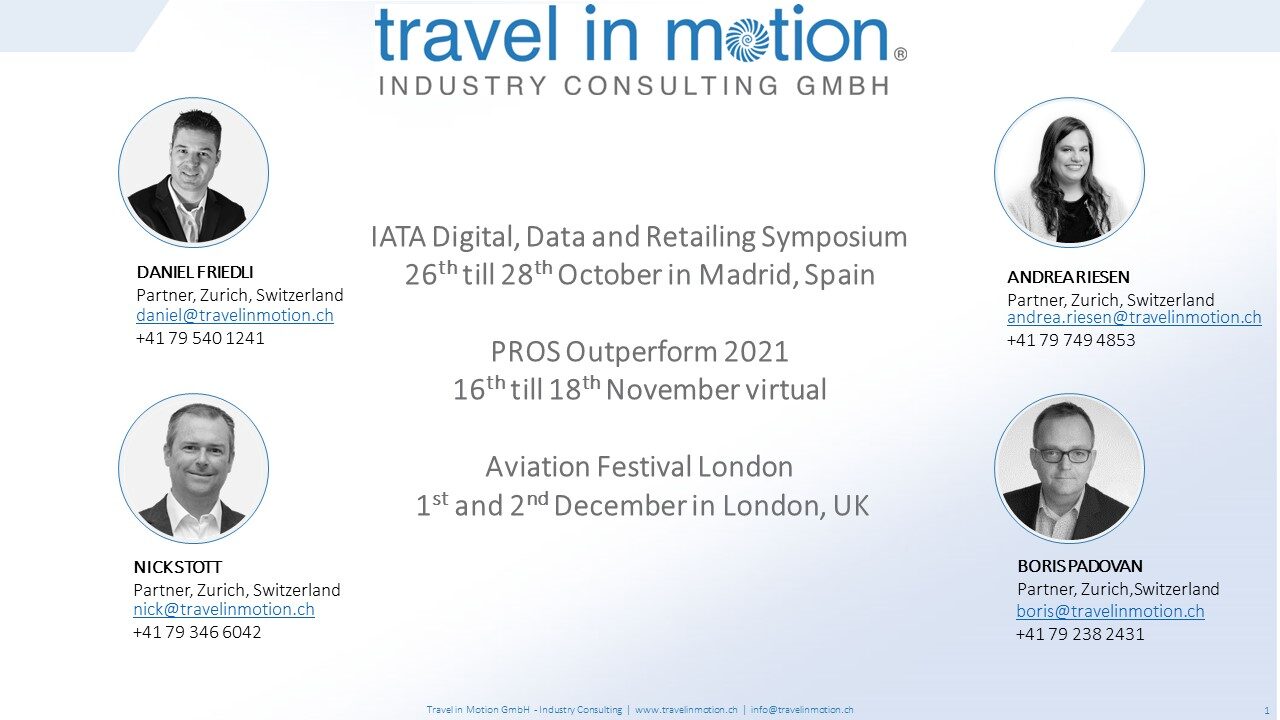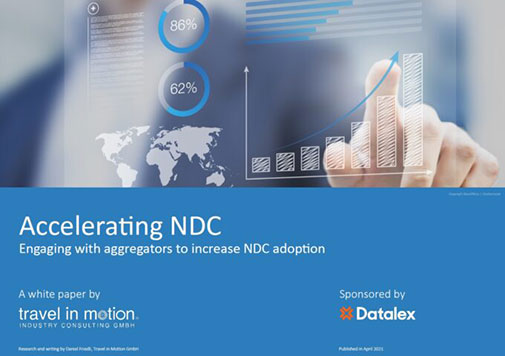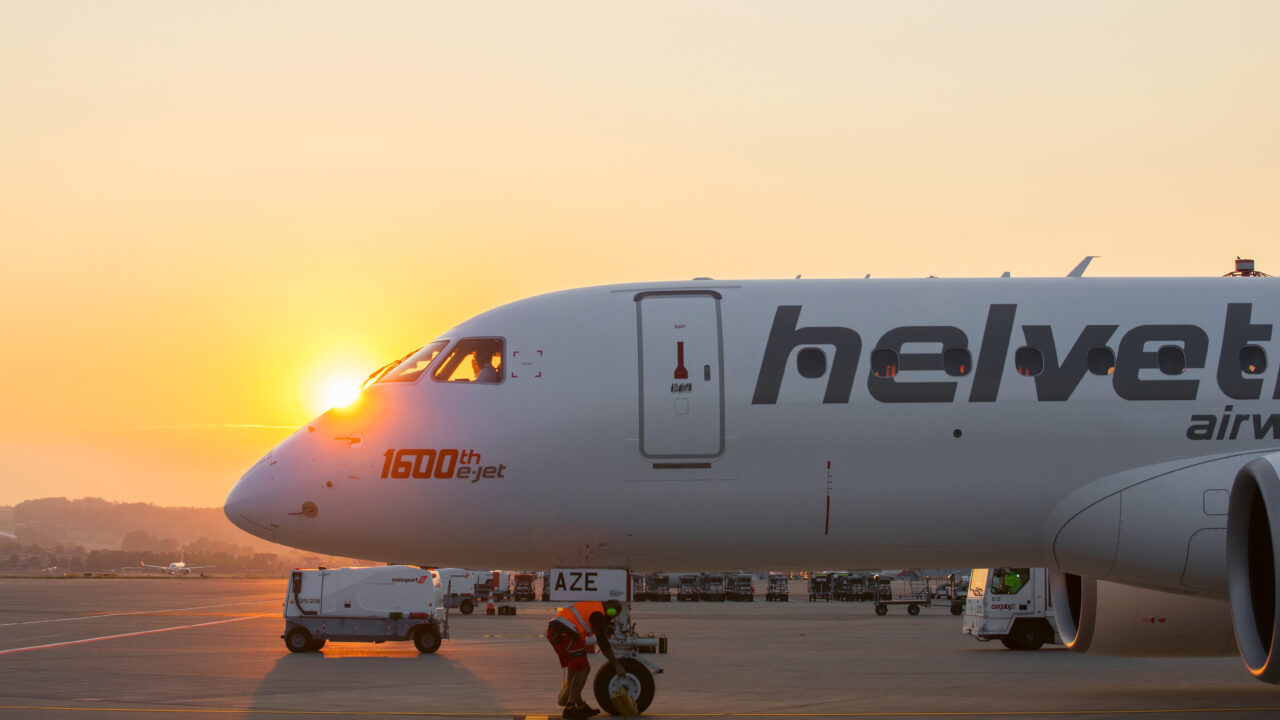White Paper: An Outlook into Airline Retailing in 2018
Abstract
This past year has seen considerable activity in airline travel distribution in what has been an effort for many airlines to initiate a change to a more retail-focused behaviour. This is not a change forced by airlines, it is brought upon airlines by consumers, digitalisation and the retail market. We are all aware that most airlines cannot make the change alone. Many will be reliant on various industry entities engaging in this shift, and require time. This is nothing new, and the Diffusion of Innovation theory, originally set up in the 1960s, already separated the market into categories of innovators, early adopters, early majority, late majority and laggards in terms of the adoption curve of innovation. It also states that typically, 100% market saturation of an innovation is only reached some time after even the laggards have adopted the innovation, meaning that this is a lengthy process. However, this also suggests that early adopters will benefit more from these innovations. In airline retailing, many airlines and related travel companies are at the stage of knowledge collection or persuasion, with only a handful within a decision phase, let alone an implementation.
In this Airline Retailing Outlook 2018, we at Travel in Motion (TiM) are not attempting to look into the distant future with a lot of unknowns, guesses and hopes. Rather, we are going to lay out what we see coming in the next twelve months. We are going to look at this from various aspects, and only touch each of these briefly with a number of remarks and predictions – and attempt to forecast things that may not happen as expected or hoped.
This is an opinion piece based on discussions we have had, research we have done and various engagements we are involved in, as well as from following news, trends and conference content.
Further, we have split this outlook into five sections. The first four are a high-level representation of the travel trade, starting from the consumer, the trade partners, distributors and finally the airlines. As a fifth element, we have added a short section on the technology. Technology may not drive the business, but it certainly is a critical enabling element.
This is an abstract. Please order the full white paper PDF for free.









